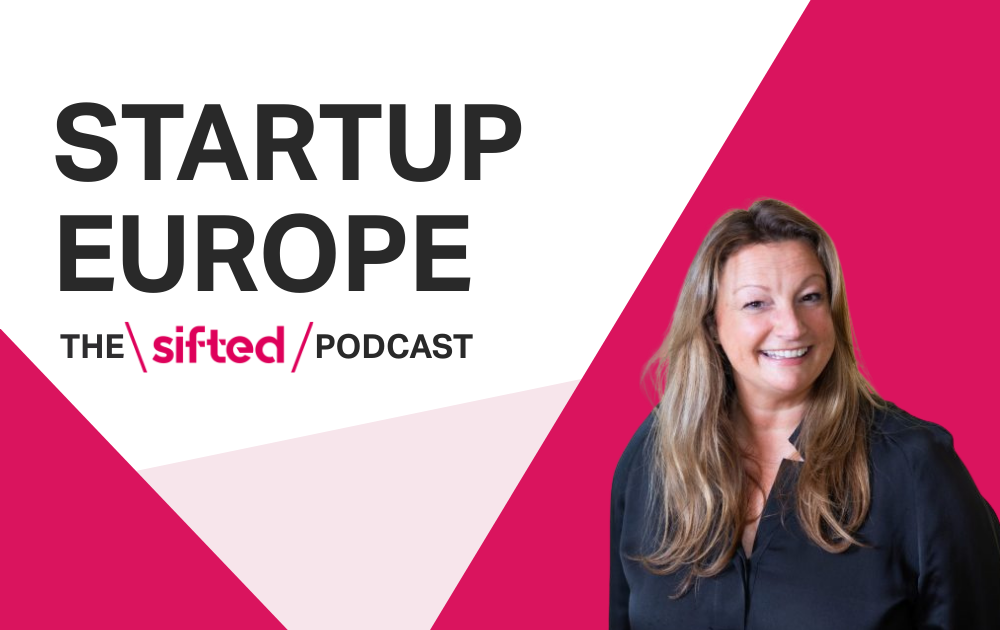How much does a startup CEO earn in comparison to their C-suite? How much equity does a French startup founder typically have, in comparison to a German startup founder? And just how bad is the gender pay gap in the startup C-suite?
To find out the answers to these questions and more, executive recruiter Erevena surveyed over 1,700 senior leaders at private, public, VC-backed and PE-backed companies across 24 countries in Europe. The report is published today.
Here are Sifted’s top takeaways.
VC-backed businesses’ C-suites often earn less than public, private and private equity-backed businesses
CEOs at VC-backed businesses earn less than their peers at private, publicly listed and private-equity backed companies. That said, they probably won’t be struggling with heating bills this winter: the average CEO base salary at a VC-backed company is £172k.
Chief technology officers at VC-backed businesses make ever so slightly more — £180k base salary. Chief financial officers are the most well-paid executives, earning £183k.
Chief operations officers take home £160k on average — still less than their private, publicly listed and PE-backed peers.
One exception to this trend seems to be in product roles, which seem more highly valued at VC-backed businesses. The average chief product officer salary at a VC-backed business is £187k — more than the £159k earned by someone in the same role at a private company, or the £168k earned by someone in the same role at a public company.
“In general, there has been an upward trend in salaries over the last few years,” says Lucy Jacobs, chief marketing officer at Erevena.
Two roles in particular have seen big upticks in compensation, she adds — the CTO and chief people officer. “CTOs have commonly become the most highly paid C-suite member after the CEO, and this is reflective of scarcity in the skill set, alongside the arrival of talent from the US that has contributed to this rise.”
The people function has elevated onto the C-suite recently and has seen a dramatic uptick in compensation
“The other notable addition to the C-suite is the [chief people officer]. Five years ago, this role rarely had an executive committee seat in venture-backed businesses, other than in those of the most scale. The people function has elevated onto the C-suite recently and has seen a dramatic uptick in compensation, primarily due to scarcity of candidates with growth experience.”
Spanish startup CEOs get paid best
Looking across Europe, early-stage (up to Series B) startup CEOs get paid the most, on average, in Spain — taking home £175k. (Note that this average is based on fewer data points — 16 — than most.) In the UK, the average early-stage startup CEO salary is £158k, while in Germany it’s £124k.
At later-stage startups — Series C+ — UK CEOs can expect an average salary of £195k, Nordic and Baltic CEOs £170k and French CEOs £143k.
CEO equity and pay
But it’s not all about salary — most C-suite folk at startups in Europe will also receive equity.
Founding CEOs, unsurprisingly, have far more equity than non-founding CEOs; on average, CEOs who are founders have a 16.5%-38.75% stake in the startup, while CEOs who aren’t founders have 2.5% to 7% stakes.
That’s balanced out by pay, however. Founder CEOs are on an average salary of £149k, while non-founder CEOs are on £223k base, with a huge £112k in bonuses on top of that. Bonuses for founder CEOs are comparatively small, at £19k per year on average.
50% of venture-backed businesses offer CEOs bonuses.
At early-stage venture-backed startups, male CEOs get an average salary of £151k, while women get £118k. At late-stage venture-backed startups, male CEOs get an average salary of £253k while women get £196k.
C-suite equity and pay
Now for the C-suite.
Late-stage startups’ C-suite execs are taking home £155k on average, plus £105k in bonuses. On average, they held equity stakes of 1.99%.
Across late-stage venture-backed businesses, 80.7% of the C-suite are men, 19.2% are women (0.1% prefer not to say).
“European salaries are growing quickly, recognising the amount of pan-European investment over the last few years and the mix of domiciled and relocated talent in these markets,” says Jacobs.
The old adage that 1% [equity] was about right for a C-suite hire outside of CEO/COO, looks to be nudging upwards
“Equity percentages also seem to be on the rise. The old adage that 1% was about right for a C-suite hire outside of CEO/COO, looks to be nudging upwards. At VP level sub-1% remains pretty standard across all functions.”
One surprising finding from the survey, Jacobs adds, was that VP level compensation is not that different from C-suite compensation, in particular in technology, sales and product roles.
A lack of talent is one contributing factor, she says. On top of that, “an early-stage VP is an essential supplement to often product or technology-minded cofounders who need support building product or tech ops, developing processes and hiring teams quickly. VPs in these functions are often sat alongside their C-suite equivalent rather than being a direct report, and consequently tend to be more senior, and experienced albeit specialist at early-stage journeys.”
👉 Read: How much should startups pay their first 10 employees?



